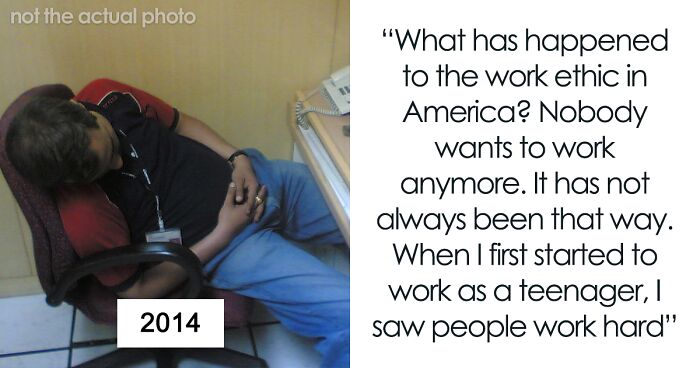
Twitter Is Cracking Up At A 14-Tweet Thread With Newspaper Snippets Explaining How “Nobody Wants To Work” Dated Starting 1894
They say the only constant in life is change.
Well, some might beg to differ. Recently, this one fellow came out with a brief rundown of another constant in our lovely universe. And that is the idea of people not wanting to work anymore.
Seems quite obvious, doesn’t it?
It is, but if you’ve taken research methods, you’ll know that in order to prove a point the proper way, it’s always better to have physical evidence of it in the form of printed publication snippets literally quoting actual people saying folks don’t want to work anymore.
More Info: Twitter
They say the only constant in life is change, but some might beg to differ because there’s another one, and that’s nobody wanting to work anymore
Image credits: Henri Bergius (not the actual photo)
Researcher and instructor at the University of Calgary, Paul Fairie, has recently gone to Twitter to share a discovery of sorts. Being a newspaper enthusiast, he often stumbles upon curiosities that he shares on Twitter, and this time it was definitely a treat.
What he came out with was a brief history of “nobody wants to work anymore”. In a nutshell, it’s a good handful of snippets from between 1894 and 2022, nearly each of which represents a different decade in that time frame, and each of which contains some form of remark or complaint that folks no longer want to partake in the labor force.
Researcher and instructor Paul Fairie went to Twitter to share a brief history of “nobody wants to work anymore” in news snippets
Image credits: paulisci
Image credits: paulisci
Image credits: paulisci
Image credits: paulisci
Image credits: paulisci
Image credits: paulisci
But let’s break it down a bit. Not all snippets provide enough context to make precise conclusions, but the general gist is that there is usually some form of an employer or labor commenter attempting to explain a given contextual situation as being due to a shortage in labor, i.e. nobody wanting to work.
Contextual situations being: industries vary from coal miners to agricultural laborers to factory workers to even prisoners; the times and sociopolitical climates vary from the New Imperialism Era to the Great Depression to the World Wars to the Digital Revolution to current day post-Covid-ish times; the approach of the argument varies from those who talk about work as a point of pride and privilege to an issue of laziness or teenager mentality to labor strikes and labor rights. And all of it is wrapped into the theme of nobody wanting to work.
See? Constant.
The thread is comprised of newspaper snippets from 1894—2022, each containing some form of remark that folks no longer want to work
Image credits: paulisci
Image credits: paulisci
Image credits: paulisci
Image credits: paulisci
Image credits: paulisci
Image credits: paulisci
But all jokes aside, folks online found it quite interesting. If anything, it encouraged discussion and debate, mostly on the topic of fair wage and not letting business bleed workers dry while paying them peanuts in return.
Some even raised the question of when anyone has ever wanted to work. The general consensus was that work was a necessary evil that nobody could avoid. Besides, you gotta wonder how we as a species have managed to get this far over the 128-year period Fairie covered if nobody was really working.
The 128-year span covers the New Imperialism Era, the Great Depression, the World Wars, the Digital Revolution, and even current day post-Covid-ish times, which explains why people don’t want to work
Image credits: paulisci
Image credits: paulisci
Image credits: paulisci
Image credits: paulisci
Image credits: paulisci
Image credits: paulisci
Others started speculating what Fairie’s other threads might be. Among the guesses were “technology is going to get rid of all our jobs”, “kids don’t respect their elders anymore”, and “kids these days”.
Fairie also provided citations (well, Troy Petrie did, but Fairie pinned it to his thread, you get the idea) for those interested.
The thread got quite a lot of attention from the internet, garnering 312,000 likes with over 90,000 retweets
Image credits: paulisci
Image credits: paulisci
Image credits: paulisci
Image credits: paulisci
Image credits: paulisci
Image credits: paulisci
The thread got quite a lot of attention from the internet, garnering 312,000 likes with over 90,000 retweets and over 11,000 quote tweets. It even found its way as a repost on Imgur, and made it to some news media sites. Actually, the thread comes highly recommended because of all the memes that folks provided in response to it.
But before you go, we’d love to hear from you. Specifically, why wouldn’t you want to work—or why would you want to, we don’t discriminate. Share your thoughts in the comment section below!
128Kviews
Share on FacebookI would love to see a thread of old people complaining about young people. I saw an editorial from the 1800s where a guy said that using paper was going to make kids lazy because they wouldn't have to memorize everything like when using chalk and slate. I wish I could remember where I saw it.
"The children now love luxury; they have bad manners, contempt for authority; they show disrespect for elders and love chatter in place of exercise. Children are now tyrants, not the servants of their households. They no longer rise when elders enter the room. They contradict their parents, chatter before company, gobble up dainties at the table, cross their legs, and tyrannize their teachers." - Socrates
Load More Replies...I would love to see a thread of old people complaining about young people. I saw an editorial from the 1800s where a guy said that using paper was going to make kids lazy because they wouldn't have to memorize everything like when using chalk and slate. I wish I could remember where I saw it.
"The children now love luxury; they have bad manners, contempt for authority; they show disrespect for elders and love chatter in place of exercise. Children are now tyrants, not the servants of their households. They no longer rise when elders enter the room. They contradict their parents, chatter before company, gobble up dainties at the table, cross their legs, and tyrannize their teachers." - Socrates
Load More Replies...
 Dark Mode
Dark Mode 

 No fees, cancel anytime
No fees, cancel anytime 


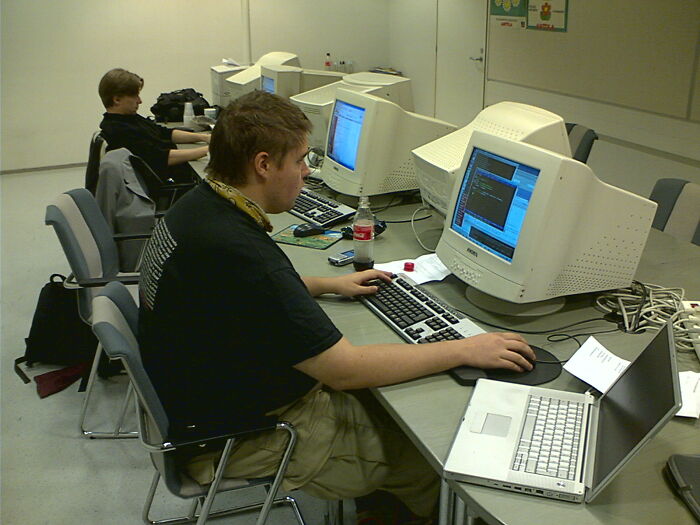
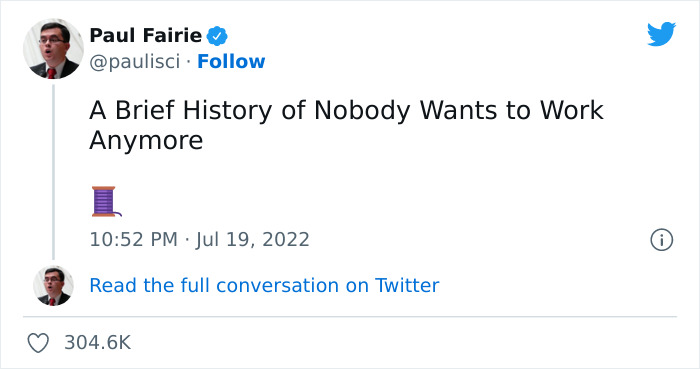











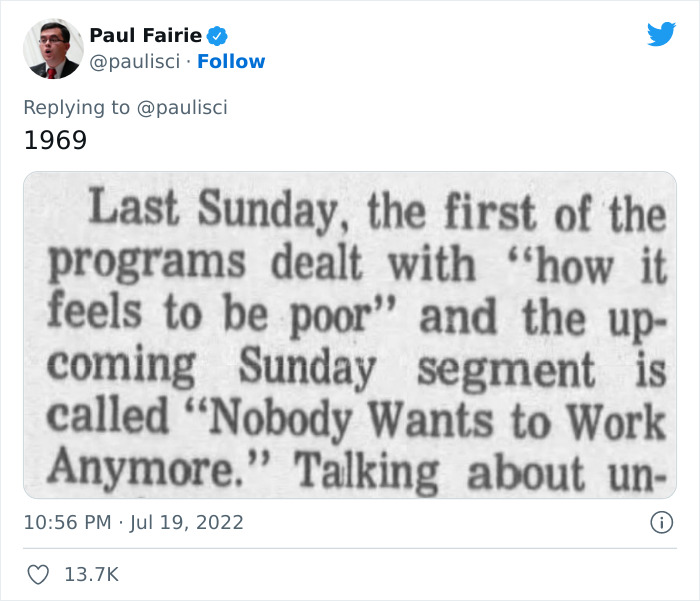


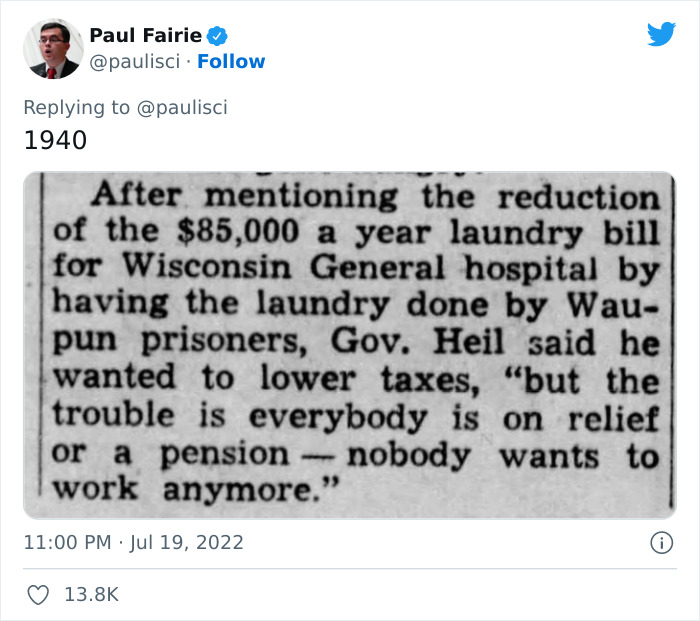
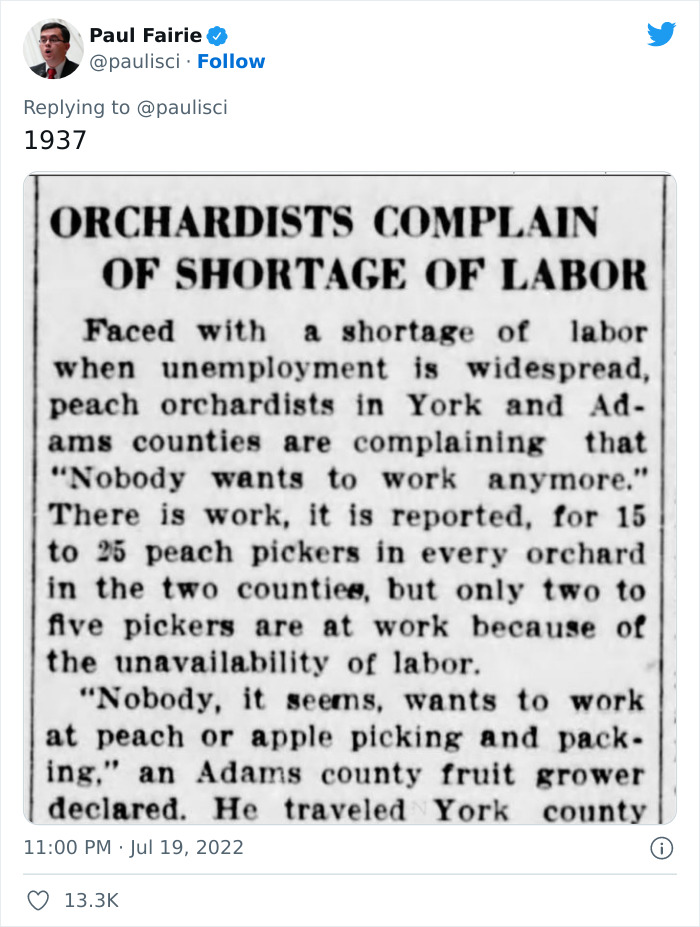
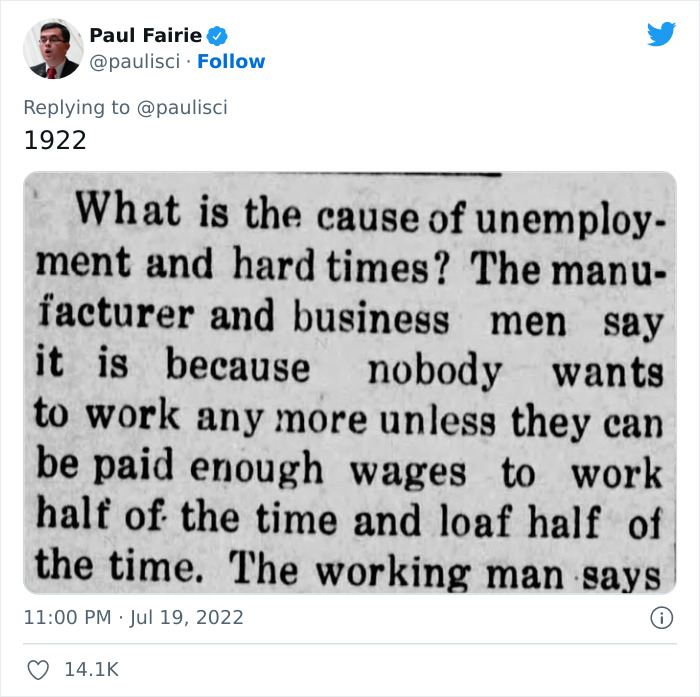

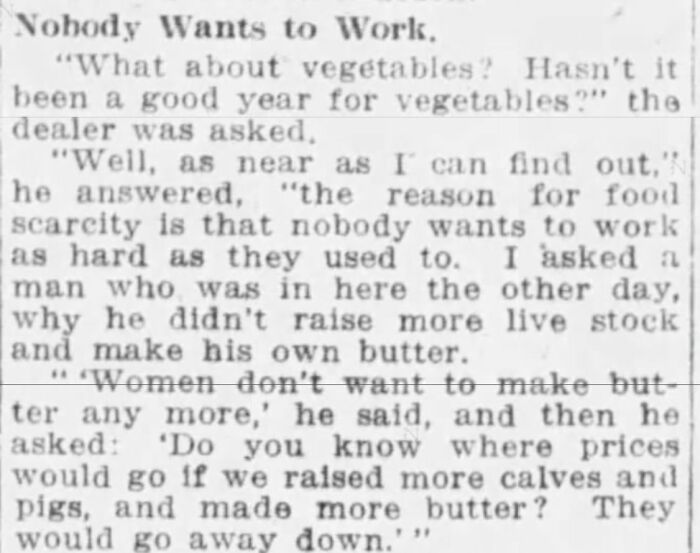



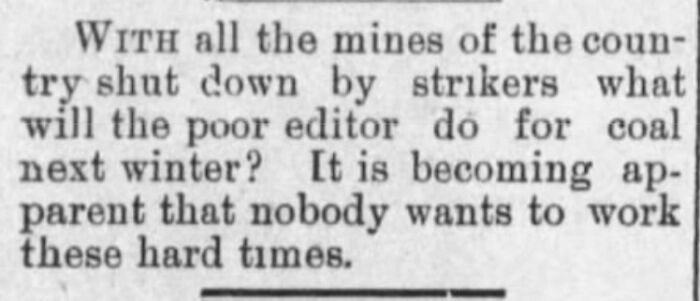












































131
28